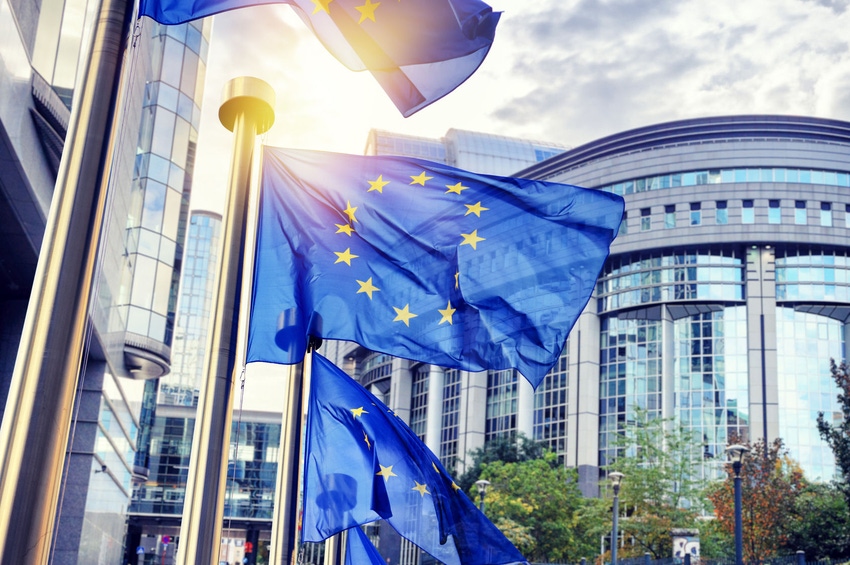Microsoft has found itself in the naughty corner once again after European watchdogs Article 29 voiced concerns over privacy settings in Microsoft's Windows 10 operating system.
Latest News
Webinars
White Papers
Jun 24 - Jun 26, 2024
Future-proof your MVNO business on 24 - 26th June 2024. Transforming virtual operator capabilities in the digital era through expert insights and high-level networking.
LEARN MORE








.png?width=300&auto=webp&quality=80&disable=upscale)


_1.jpg?width=300&auto=webp&quality=80&disable=upscale)


.png?width=800&auto=webp&quality=80&disable=upscale)